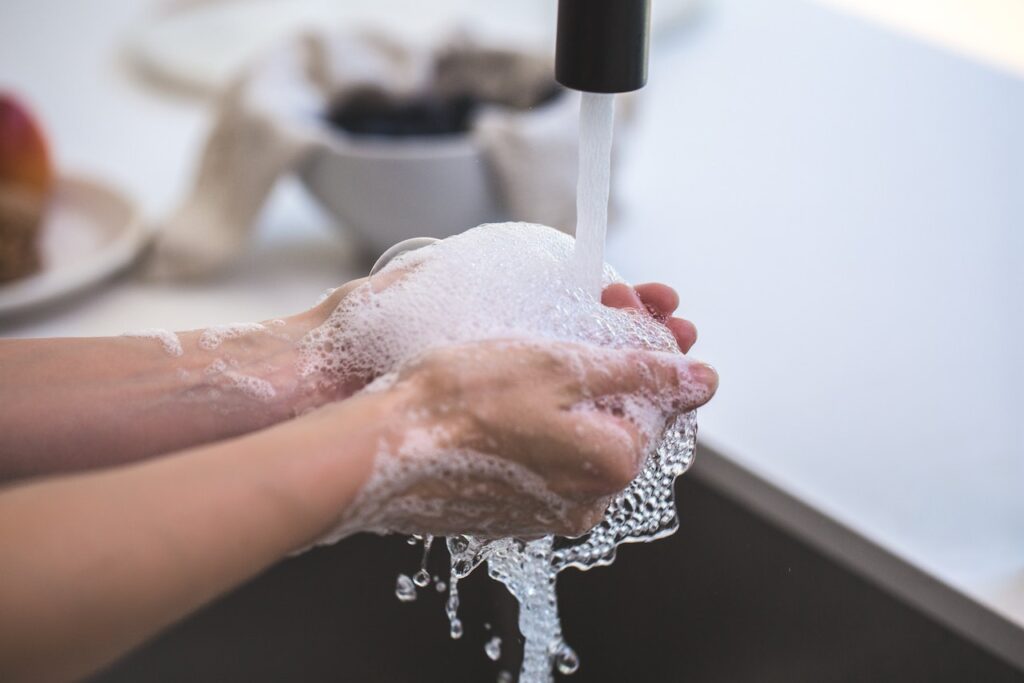
Water is a precious resource, and its conservation is vital in today’s world. In our homes, there are numerous daily activities that, if managed mindfully, can significantly reduce water waste. From fixing those persistent leaks to embracing more efficient appliances and changing everyday habits, this article explores ten straightforward yet impactful ways to make a positive environmental impact while also lowering your water bill. By incorporating these simple practices into your routine, you can play a crucial role in preserving this essential resource for future generations while simultaneously enjoying the benefits of a more sustainable and budget-friendly lifestyle.
Fix Leaks:
Addressing leaks in your home is one of the most important steps in water conservation. Even a small drip from a faucet can waste gallons of water each day. Regularly check for and repair leaks in faucets, toilets, and pipes. This not only saves water but also reduces your water bill and prevents potential damage to your home.
Install Low-Flow Fixtures:
Upgrading to low-flow showerheads and faucets is a straightforward way to reduce water consumption without sacrificing water pressure. These fixtures mix air with water, creating a satisfying flow while using less water per minute. It’s a simple switch that can result in substantial water savings over time.
Upgrade to a High-Efficiency Toilet:
Older toilets can use a significant amount of water with each flush. Replacing them with high-efficiency or dual-flush toilets can drastically reduce water waste. High-efficiency toilets use less water per flush while still effectively disposing of waste, helping you conserve water with every use.
Collect Rainwater:
Harvesting rainwater is an eco-friendly way to reduce your reliance on municipal water sources for outdoor tasks like watering your garden. By installing a rain barrel or collection system, you can capture and store rainwater for later use, effectively reducing water waste and supporting sustainable landscaping practices.
Use a Broom, Not a Hose:
Cleaning outdoor areas like driveways and sidewalks with a hose can be incredibly wasteful. Instead, opt for a broom to sweep away debris. If you must clean these areas with water, use a bucket and sponge or a pressure washer on a low setting. This simple change in cleaning habits conserves water and is more environmentally responsible.
Time Your Showers:
Conserving water in the shower can be as simple as timing your showers and making them more efficient. Aim for shorter showers, and consider using a timer to help you keep track of your shower time. Also, turning off the water while soaping up or shampooing can significantly reduce water waste without sacrificing your hygiene or comfort.
Only Run Full Loads:
Maximizing the efficiency of your dishwasher and washing machine can save a considerable amount of water over time. Make a habit of running these appliances only when you have a full load of dishes or laundry. This ensures that you’re using the appliance’s capacity to its fullest, reducing water waste and energy consumption.
Collect Cold Water:
While waiting for your shower or tap water to heat up, it’s common for perfectly good cold water to go down the drain. Instead of letting it go to waste, place a container under the faucet to collect this cold water. You can then repurpose it for watering your plants, filling the pet’s water bowl, or other household tasks.
Opt for Drip Irrigation:
When it comes to garden and landscape maintenance, consider using drip irrigation systems instead of traditional sprinklers. Drip systems deliver water directly to the roots of plants, reducing water wastage due to evaporation or runoff. This method not only conserves water but also promotes healthier plant growth.
Mulch Your Garden:
Applying mulch around plants and in garden beds serves as a natural water-conservation method. Mulch acts as a protective barrier, reducing soil moisture evaporation and helping to regulate soil temperature. By doing so, it lessens the need for frequent watering and contributes to a more sustainable and water-efficient garden.